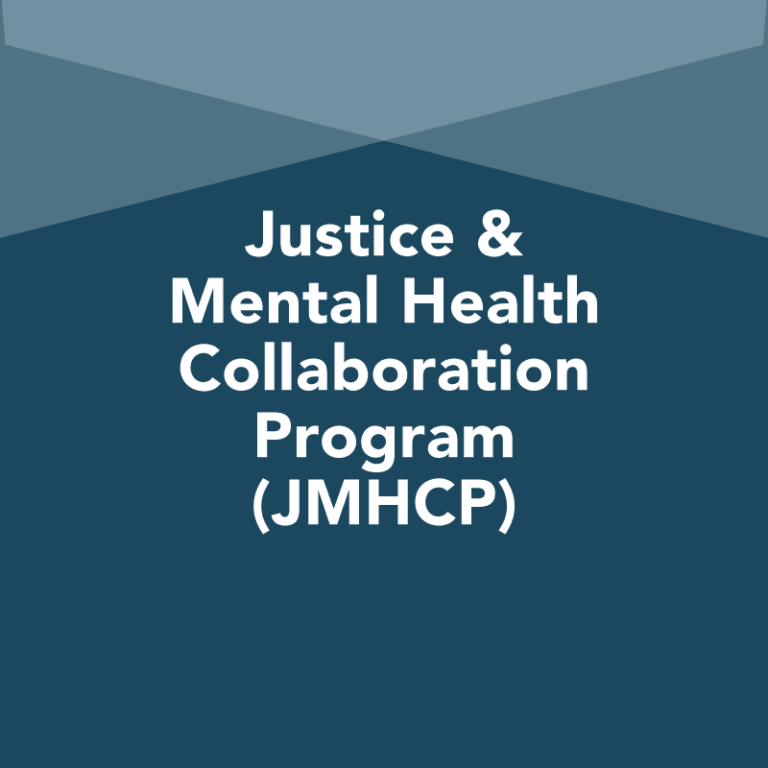A diversion model showing great promise across the U.S. is 911 dispatch diversion, sometimes called crisis call diversion. The approach aims to reduce unnecessary police contact by connecting people to mental health professionals when someone contacts 911 due to a behavioral health crisis or other health or social service need. This brief outlines four tips for successfully implementing 911 dispatch diversion in a community.
Related Resources

Preparing Law Enforcement Agencies for Embedded Clinicians
Crisis Systems, Law Enforcement, Mental Health
Read more
Building Successful Partnerships with Peer-Run Organizations
Co-Occurring Substance Use, Mental Health
Read more
FY2023 Planning and Implementation Guide for JMHCP Connect and Protect
Co-Occurring Substance Use, Law Enforcement, Mental Health
Read moreAuthors

Deirdra Assey
Former Senior Policy Analyst, Behavioral Health
Deirdra Assey provided technical assistance to programs planning and implementing criminal justice and mental health collaborations; she also worked on projects under the CSG Justice Center’s courts portfolio. Prior to joining the organization, Deirdra worked for Hudson County’s Screening Center at Jersey City Medical Center, where she was a civil commitment evaluator. She also worked with the Hudson County Crisis Intervention Team and has trained with various local law enforcement agencies. Deirdra received her BA and MA in forensic psychology from John Jay College of Criminal Justice.